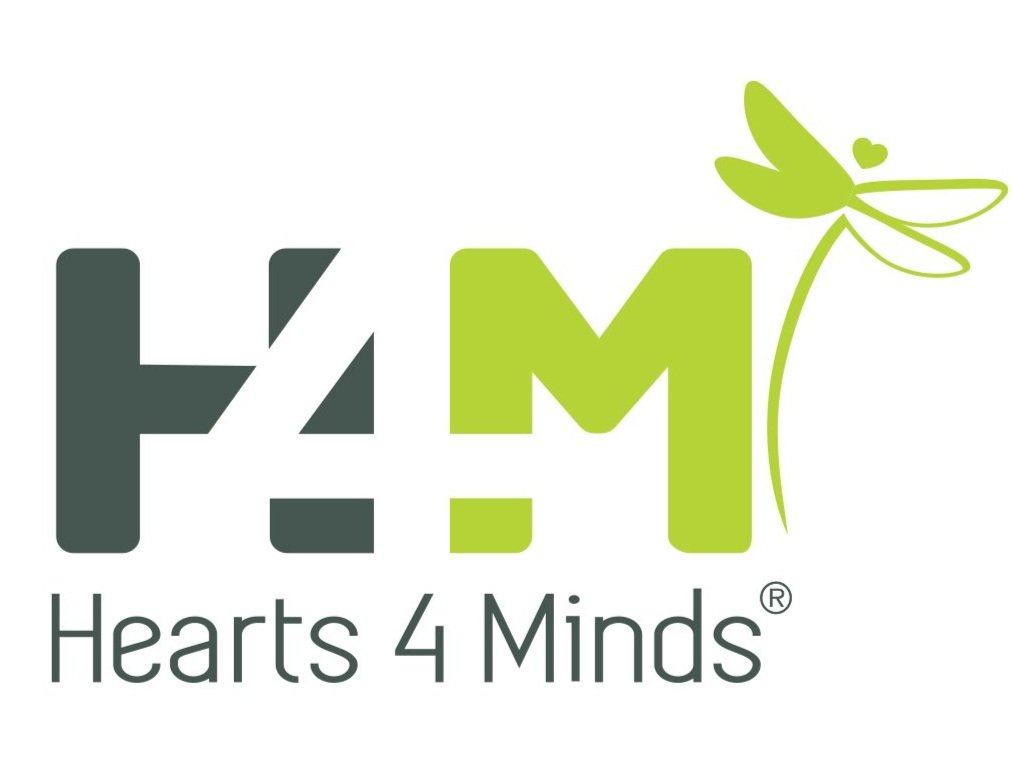Anxiety Disorders
WHAT ARE ANXIETY DISORDERS?
Anxiety disorders elicit responses in people like fear and dread. If these symptoms become so severe that they escalate into panic and anxiety attacks you may have a disorder. Anxiety disorders include generalized anxiety disorder, panic disorder, social anxiety disorder, and phobias.
40 Million Adults In The U.S. (19.1%) Have An Anxiety Disorder. It Is The Most Common Mental Illness In The U.S.
NAMI: National Alliance on Mental Illness [source]
TYPES OF ANXIETY DISORDERS
-
Phobias involve a strong, irrational fear of something, someone, or a situation that usually poses little to no actual danger. The onset of fear is rapid and people may experience a rapid heartbeat, trembling, shortness of breath, and a strong desire to get away when exposed to the object of their fear.
-
Panic attacks or sudden feelings of terror that come on without warning are common characteristics of a panic disorder. Sometimes these attacks can be so severe they can mimic the symptoms of a real heart attack. Symptoms can include chest pain, dizziness, irregular heartbeats, and shortness of breath.
-
Social Anxiety Disorder creates an intense and persistent fear of being judged and watched by others. Situations such as speaking in public, dating, meeting new people, and even eating in front of others or using a public restroom can cause anxiety.
-
GAD can manifest itself as an everyday exaggerated worry that makes it difficult to concentrate or finish tasks. This worry can lead to headaches, tension, or even nausea.
WHAT TREATMENTS ARE AVAILABLE?
PSYCHOTHERAPY
Cognitive Behavioral Therapy (CBT) is the most researched psychotherapy for anxiety disorders. In general, CBT focuses on finding counterproductive thinking patterns that contribute to anxiety. CBT offers many constructive strategies to reduce the beliefs and behaviors that lead to anxiety.
CBT
is also effective when delivered outside of the traditional in-person setting. Working with a therapist using telehealth technology — like video or phone calls or online learning modules that teach CBT concepts — can be just as effective as traditional face-to-face therapy.
EXPOSURE-RESPONSE PREVENTION
is psychotherapy for specific anxiety disorders like phobias and social anxiety. Its aim is to help a person develop a more constructive response to a fear. The goal is for a person to “expose” themselves to that which they fear, in an attempt to experience less anxiety over time and develop effective coping tools.
MEDICATION
Anti-anxiety medications. Certain medications work solely to reduce the emotional and physical symptoms of anxiety. Benzodiazepines can be effective for short-term reduction of symptoms but can create the risk of dependence when used for a long time. Be sure to review these potential risks if you select these medicines.
Antidepressants. Many antidepressants may also be useful for treating anxiety. These can also be useful if your anxiety has a co-occurring depression.
SELF MANAGEMENT
Yoga
Relaxation
Exercise
Mindfulness
HOW DO I GET HELP?
BECOME AN EXPERT
Learn about medication and treatment options. Keep up with current research. Build a personal library of useful websites and helpful books.
KNOW YOUR TRIGGERS AND STRESSORS
If large groups make you nervous, plan to see the Sunday matinee. If taking a walk outdoors reduces your anxiety before a big meeting, schedule a 10-minute walk before the meeting starts. Being mindful of triggers and stressors will help you live your life with fewer limitations.
PARTNER WITH YOUR HEALTH CARE PROVIDERS
Actively participate in your treatment by working with mental health care professionals to develop a plan that works for you. Talk with them about your goals, decide on a recovery pace you’re comfortable with, and stick to your plan. Don’t quit when something doesn’t go well. Instead, talk to your doctor or therapist about possible changes.
GET HEALTHY
Studies have reported that 30 minutes of vigorous, aerobic exercise can eliminate symptoms, while low-key activities like meditation, yoga or Tai Chi relieve stress. Regular exercise can reduce many symptoms. Diet is also an important factor, so try to eat healthy, balanced meals and pay attention to food sensitivities. In some people, certain foods or additives can cause unpleasant physical reactions, which may lead to irritability or anxiety.
AVOID DRUGS AND ALCOHOL
These substances may seem to help with anxiety at first but can disrupt emotional balance, sleep cycles, and interact with medications. Coffee, energy drinks, and cigarettes worsen anxiety.
